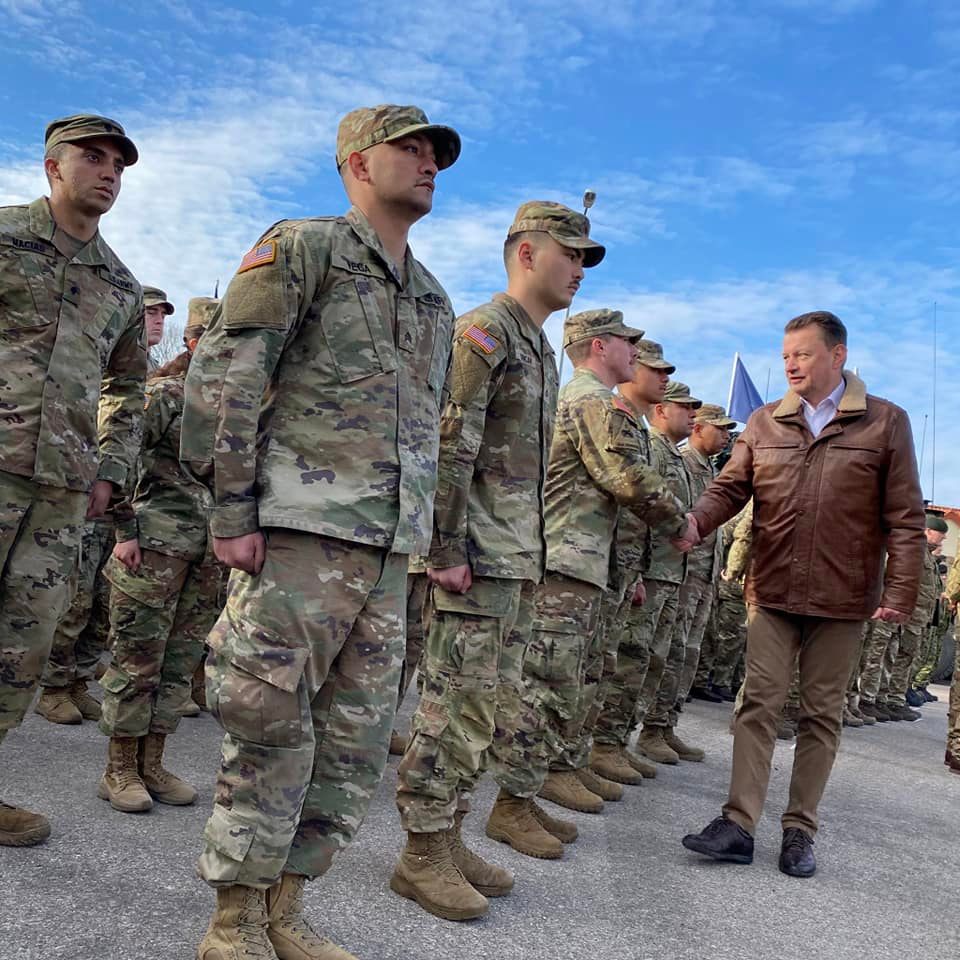
Poland's commitment to enhancing its military capabilities is evident in its substantial increase in defence spending. The country has pledged to allocate over 2.5% of its GDP to defence, surpassing the NATO requirement. This investment is aimed at modernizing its armed forces, acquiring advanced military technology, and expanding its troop numbers. The procurement of F-35 fighter jets and the introduction of new missile defence systems are notable examples of Poland's efforts to bolster its defence capabilities.
The nation's strategic location in Eastern Europe, bordering Russia and Belarus, has heightened its awareness of regional security threats. Poland's active participation in NATO exercises and its hosting of American troops underscore its dedication to maintaining a robust defence posture. The establishment of the Permanent Forward Presence, a NATO initiative, further solidifies Poland’s role as a frontline state in European defence.
Poland's relationship with the United States remains a cornerstone of its defence strategy. The bilateral agreement for a permanent US military presence in Poland signifies a deepening of ties between the two nations. This move is seen as a deterrent against potential aggression from adversaries in the region. Poland's alignment with US defence policies complements its efforts to strengthen its own military capabilities and contribute to collective security in Europe.
Despite its strong transatlantic ties, Poland is also actively engaging with EU defence initiatives. The country is a participant in the Permanent Structured Cooperation (PESCO), an EU framework aimed at enhancing defence cooperation among member states. Poland’s involvement in PESCO projects, such as military mobility and the development of a European Medical Command, highlights its commitment to EU defence integration.
Balancing its transatlantic and European defence priorities, Poland is advocating for a more cohesive European defence policy. The nation emphasizes the importance of EU-NATO cooperation to address security challenges effectively. Poland’s stance is that a strong European defence framework should complement, not compete with, NATO’s capabilities.
Poland’s leadership ambitions in European defence are further supported by its defence industry. The country is investing in domestic defence production and innovation, aiming to become a key supplier of military equipment within Europe. Partnerships with international defence companies and the development of indigenous technologies are central to this strategy.
The geopolitical landscape in Europe is rapidly evolving, and Poland's proactive approach to defence is shaping its role as a security leader. The country's efforts to reconcile its transatlantic alliance with EU defence initiatives position it as a pivotal player in ensuring regional stability. Poland's leadership in European defence is not only enhancing its national security but also contributing to the collective security of the continent.
Poland's emerging leadership role in European defence and security is a testament to its strategic foresight and commitment to regional stability. By aligning its defence policies with both NATO and EU objectives, Poland is setting a precedent for other nations in the region. As the country continues to invest in its military capabilities and engage in international defence collaborations, its influence on European security dynamics is expected to grow.
The future of European defence may well be shaped by Poland’s ability to navigate the complexities of transatlantic and European cooperation. As it strives to reconcile these two dimensions of its defence policy, Poland is poised to become a linchpin in the broader European security architecture.
